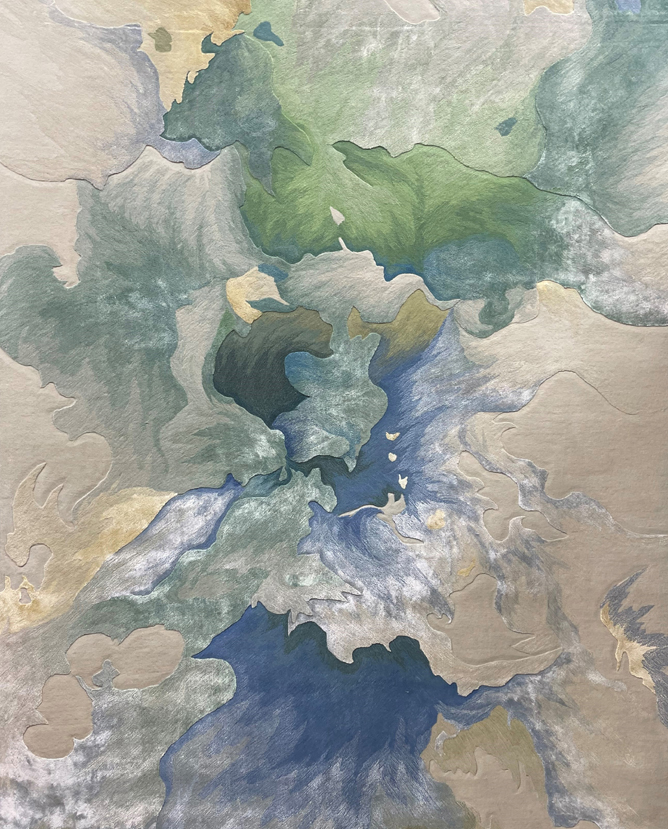Into The Ether
We’re living in an era of misinformation and innuendo—on social, online, in print—across all topics, including those that we’re not going to discuss here. But no matter what we’re reading or where, we must ask ourselves two questions: What is legitimate information and how do we know it when we read it?
Rapid-fire information spread means that once the horse leaves the barn, it’s not coming back.
HUNTER’S world revolves around golf – resorts, courses, products, real estate, architects. So, our antennae are up and focused on this arena.
For example, a few weeks ago, an intern for a luxury-lifestyle magazine contacted me to request photos of a golf course we represent in the Midwest. When I asked how they would be used, she said for a round-up story on private courses in the area. I thanked her for thinking of our client, then added that since we hadn’t provided any information about the course, I’d be happy to verify what they had.
“Oh no,” she exclaimed. “I can’t share that copy with you. It would compromise our journalistic integrity!”
When I heard “journalistic integrity” I didn’t know whether to laugh or cry. We’re talking about a golf course listing, not the Pentagon Papers. And I was trying to help—both her magazine and our client.
On the one hand, the fact that the intern mentioned “journalistic integrity” means, I hope, that she was getting some guidance from more senior staffers. On the other, since it seems rare these days that any publication bothers to “fact check,” I thought maybe they’d appreciate the assistance.
Guess not.
Other examples of loose editorial guidelines are especially prevalent on websites of golf courses, clubs, and resorts, where puffery, hyperbole, and awards are rarely backed up with facts.
